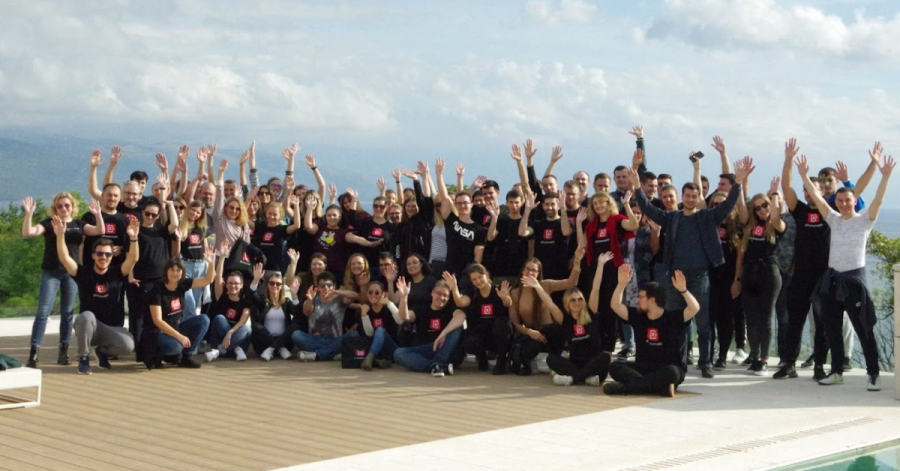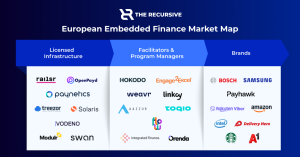The startup ecosystem in Croatia has seen notable progress between 2023 and 2024, with AI startups dominating funding rounds and achieving global milestones. Leading startups secured €184M in total funding during this period, marking a 15% year-over-year increase. Major players like Verne, Pythagora, and Qubinets are driving the ecosystem forward, complemented by advancements in robotics, aerospace, and education reform.
The information in this article is based on The Recursive’s State of AI in 2024 report. Download it and get the latest insights about the CEE startup ecosystem.
Funding rises by 15% from 2023 to 2024
Croatian startups raised €184M from January 2023 to August 2024, a 15% increase from the previous year. Mobility startup Verne led the funding surge with €100M raised in 2024, following a record €180M in 2023. Meanwhile, other players like Orqa (€5.8M) Pythagora (€3.68M) and Qubinets (€1.1M) contributed to the country’s growing funding pool.
This year also marked a diversification in funding, with 55% of investments directed towards seed-stage startups. The focus on early-stage companies indicates a maturing ecosystem primed to support innovation across industries.
Progress seen in robotics and aerospace
Croatian startups are making significant strides on the global stage. Robotics firm Gideon announced a strategic partnership with Toyota Material Handling Europe, aiming to deliver flexible automation solutions for growing industrial demands.
In aerospace, Protostar Labs became the first Croatian company to deploy software on an ESA satellite, enabling telemetry monitoring and anomaly detection. The company has further plans to launch hardware into space by 2027, cementing its position in Croatia’s space tech industry.
Croatia’s global presence in AI
AI-focused startups from Croatia continue to gain international recognition. Photomath, a widely used educational app, ranked third globally in Monthly Active Users among generative AI apps. This achievement highlights Croatia’s ability to produce consumer-focused AI solutions with global impact.
AI curricula for 7th and 8th graders
To support its growing tech ecosystem, Croatia is investing in AI education through the BrAIn project, which introduces AI curricula for 7th and 8th graders as extracurricular activities, and offers it as an optional subject for high school sophomores and juniors. This initiative aims to create a pipeline of talent equipped to meet the demands of an AI-driven future.
Croatia’s tech sector doesn’t seize to surprise, with funding rounds increasing year-over-year and significant advancements in robotics, aerospace, and AI. Supported by educational initiatives, the country is positioning itself as an emerging leader in Europe’s innovation landscape.









